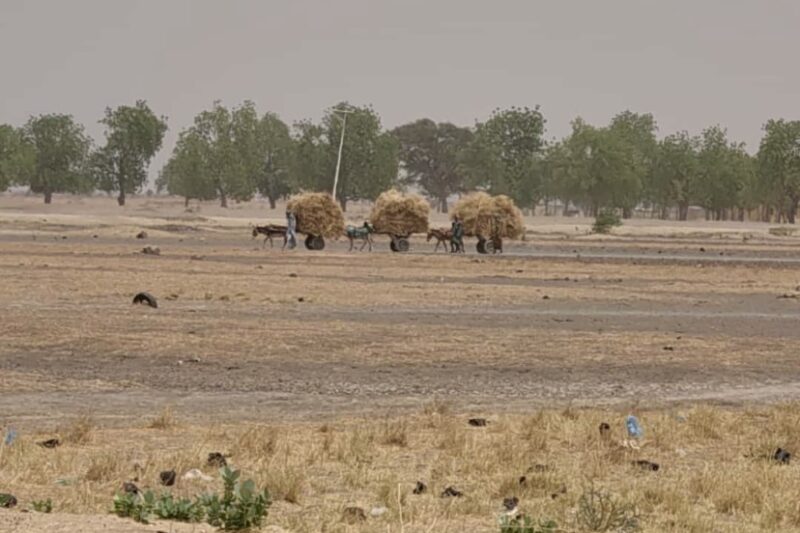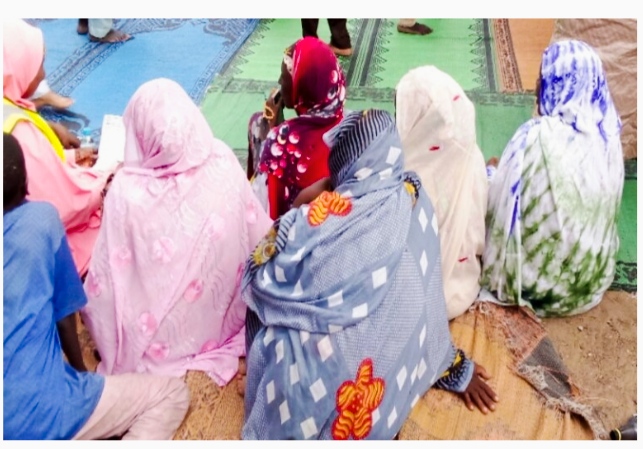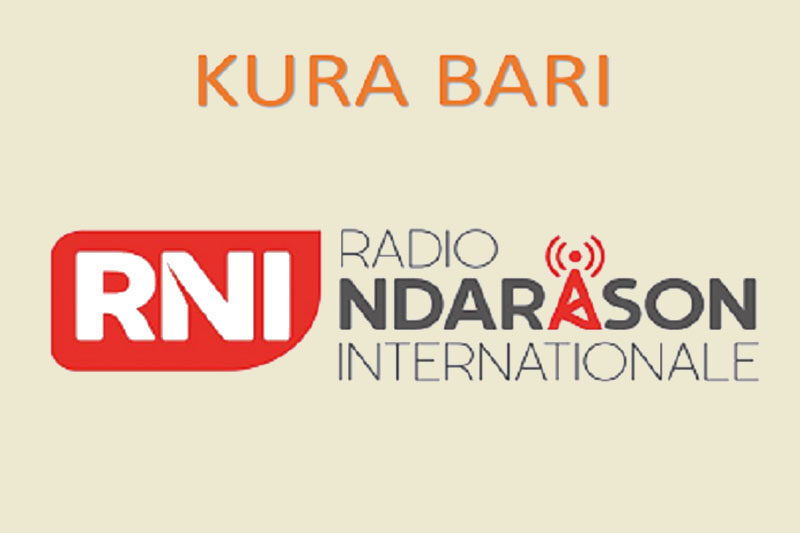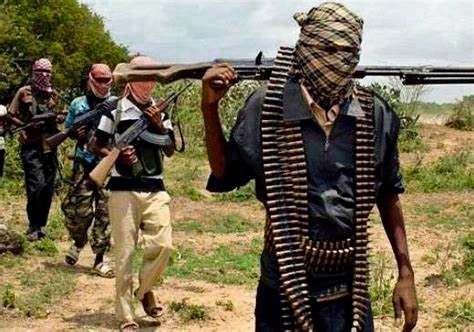The Regional Humanitarian Fund for West and Central Africa has approved the sum of US$12.5 million to deal with the most critical humanitarian needs and bring relief to some of the most vulnerable people in Niger.
The money will support the critical humanitarian response of the UN Office for the Coordination of Humanitarian Actions (OCHA) in the country.
The 2021 Humanitarian Response Plan (HRP) for Niger targets 2.1 million of the most vulnerable people out of 3.8 million people in need of humanitarian assistance, 54% of those in need.
As of December 6, US$214.8 million – 41% of the funds needed – had been mobilised by the HRP out of a total required amount, estimated at $523.2 million.
ReliefWeb, the humanitarian information service provided by the OCHA, said in a paper published on December 7, that Niger faced a complex and multifaceted humanitarian emergency, marked by insecurity and persistent violence against civilians perpetrated by non-state armed groups and the effects of endemic poverty.
OCHA said the humanitarian situation in the country was continuing to deteriorate. According to the Ministry of Humanitarian Action and Disaster Management, floods following heavy rains this year had affected 250,331 people – 32,833 households – and caused 77 deaths nationwide. To add to this, at least 5,469 people had been affected by cholera in six of the country’s eight regions.
Louise Aubin, the UN resident and humanitarian coordinator in Niger, said the first allocation of US$12.5 million under the Niger envelope would fund 22 integrated and/or multisectoral emergency projects that would contribute to scale-up emergency humanitarian operations focusing on cross-border areas, including the tri-border area (Niger, Burkina Faso and Mali), the Lake Chad Basin (Niger, Chad and Nigeria) and the Maradi region (Niger and Nigeria).
It would primarily target displaced persons and host communities affected by recent conflicts, transhumance issues, and the effects of global warming in the most marginalised and hard-to-reach areas.
“This allocation comes at a time when the country’s 2021 HRP remains underfunded with only 41% of identified needs covered to date. It will enable frontline humanitarian actors to cover the most critical humanitarian needs in the priority regions of Diffa, Maradi, Tahoua and Tillabéri,” said Aubin, who also expressed gratitude to donors for their confidence in the Regional Humanitarian Fund. “It is a flexible funding instrument for an effective, rapid and coordinated humanitarian response,” she said.
By focusing on non-governmental organisations (NGOs), with particular attention to national and local actors, this allocation would contribute towards efforts to localise the humanitarian response and strengthen humanitarian access in the targeted regions.
The prioritised sectors were: emergency shelter and non-food items; water, hygiene and sanitation; education; nutrition; protection: and health and food security.
Since 2015, Niger has been facing major insecurity fuelled by attacks by the Jamā’at Ahl as-Sunnah lid-Da’way Wa’l-Jihād (JAS), more commonly referred to as Boko Haram, in the Diffa region bordering Nigeria and the Tahoua and Tillabéri regions bordering Mali.








